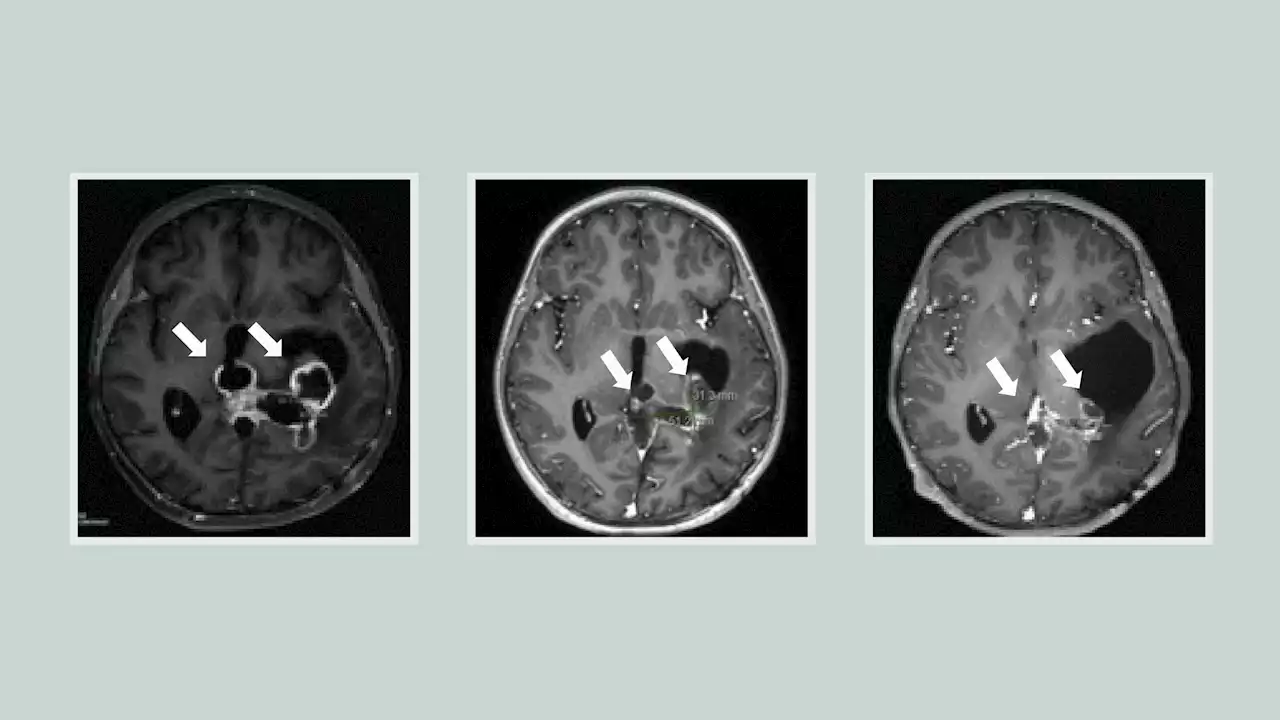An estimated one in four older Americans with dementia or mild cognitive impairment lives alone and is at risk of practices like unsafe driving, wandering outside the home, mixing up medications and failing to attend medical appointments.
The providers raised concerns about patients missing medical appointments, failing to respond to follow-up phone calls from the doctor's office and forgetting why appointments were made, leaving them vulnerable to falling off the radar."We don't necessarily have the staff to really try to reach out to them," said a physician in one interview.
These patients were at risk for untreated medical conditions, self-neglect, malnutrition and falls, according to the providers. A house service coordinator also noted that calls to Adult Protective Services were sometimes dismissed until a patient's situation became very serious. These findings are an indictment of our health care system, which fails to provide subsidized home care aides for all but the lowest-income patients, said Portacolone.have an income that is not low enough to make them eligible for Medicaid subsidized home care aides in long-term care," she said, adding that the threshold for a person living alone in California is $20,121 per year.
Belgique Dernières Nouvelles, Belgique Actualités
Similar News:Vous pouvez également lire des articles d'actualité similaires à celui-ci que nous avons collectés auprès d'autres sources d'information.
 Study finds adults with heart disease less likely to use health tracking appsTwo in five U.S. adults with or at risk for heart disease use smartphones or tablets to monitor their health, a new Yale study finds. But those at highest risk for heart disease are less likely to use technology to track their health goals. The aim of the study was to identify gaps in the adoption of mobile health technologies and potential avenues to mitigate cardiovascular risk factors.
Study finds adults with heart disease less likely to use health tracking appsTwo in five U.S. adults with or at risk for heart disease use smartphones or tablets to monitor their health, a new Yale study finds. But those at highest risk for heart disease are less likely to use technology to track their health goals. The aim of the study was to identify gaps in the adoption of mobile health technologies and potential avenues to mitigate cardiovascular risk factors.
Lire la suite »
 Study finds improved survival for incurable brain tumor, providing 'a crack in the armor'For the first time, researchers have found a potential drug candidate that improved outcomes for patients with a type of childhood brain tumor for which there are no effective treatments. The compound, called ONC201, nearly doubled survival for patients with diffuse midline glioma (DMG) or diffuse intrinsic pontine glioma (DIPG), compared to previous patients.
Study finds improved survival for incurable brain tumor, providing 'a crack in the armor'For the first time, researchers have found a potential drug candidate that improved outcomes for patients with a type of childhood brain tumor for which there are no effective treatments. The compound, called ONC201, nearly doubled survival for patients with diffuse midline glioma (DMG) or diffuse intrinsic pontine glioma (DIPG), compared to previous patients.
Lire la suite »
 Study finds greater excess mortality after hurricanes for most socially vulnerable in the USOver recent decades, there was a large variation in cyclone-related excess deaths by hurricane, state, county, year, and social vulnerability for counties in the United States, with 83% of hurricane-related deaths occurring more recently and 94% in more socially vulnerable counties.
Study finds greater excess mortality after hurricanes for most socially vulnerable in the USOver recent decades, there was a large variation in cyclone-related excess deaths by hurricane, state, county, year, and social vulnerability for counties in the United States, with 83% of hurricane-related deaths occurring more recently and 94% in more socially vulnerable counties.
Lire la suite »
 Neuropsychiatric behavioral symptoms are associated with divorce, study findsOlder adults with more severe behavioral symptoms, including agitation, aggression, and disinhibition, are more likely to become divorced than those with less severe symptoms. However, increasing stages of dementia are associated with a low likelihood of divorce. These are some of the conclusions of a new study published August 16 in the open-access journal PLOS ONE by Joan Monin of the Yale School of Public Health and colleagues.
Neuropsychiatric behavioral symptoms are associated with divorce, study findsOlder adults with more severe behavioral symptoms, including agitation, aggression, and disinhibition, are more likely to become divorced than those with less severe symptoms. However, increasing stages of dementia are associated with a low likelihood of divorce. These are some of the conclusions of a new study published August 16 in the open-access journal PLOS ONE by Joan Monin of the Yale School of Public Health and colleagues.
Lire la suite »
 New study finds race-based variations in gut microbiome emerge at 3 months oldGut microbiome variation associated with race and ethnicity arises after three months of age and persists through childhood, according to a new study published August 17 in the open access journal PLOS Biology by Elizabeth K. Mallott of Washington University in St. Louis, US, Seth Bordenstein of Pennsylvania State University, US, and colleagues.
New study finds race-based variations in gut microbiome emerge at 3 months oldGut microbiome variation associated with race and ethnicity arises after three months of age and persists through childhood, according to a new study published August 17 in the open access journal PLOS Biology by Elizabeth K. Mallott of Washington University in St. Louis, US, Seth Bordenstein of Pennsylvania State University, US, and colleagues.
Lire la suite »
